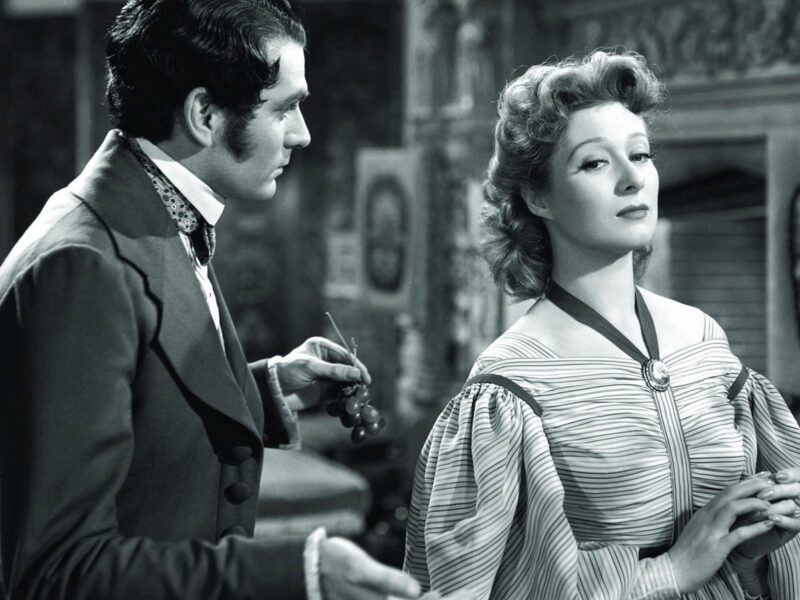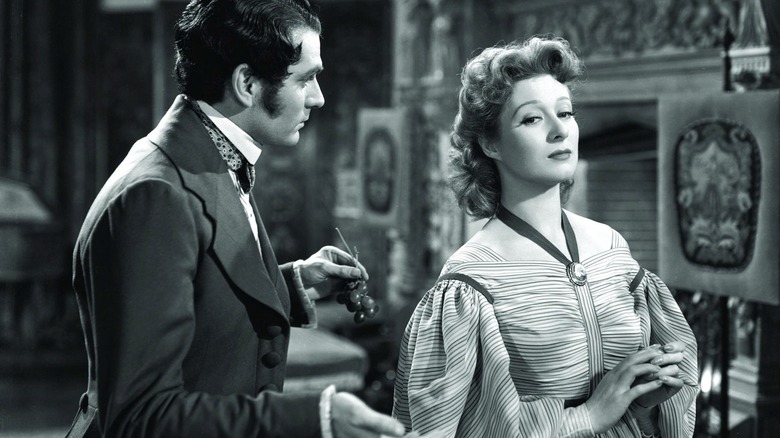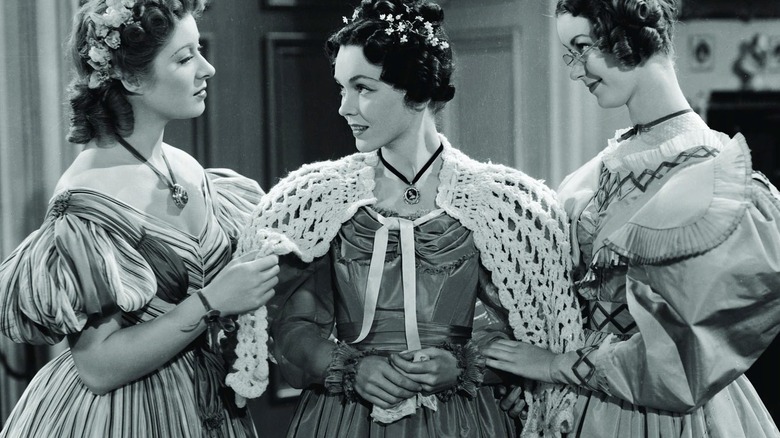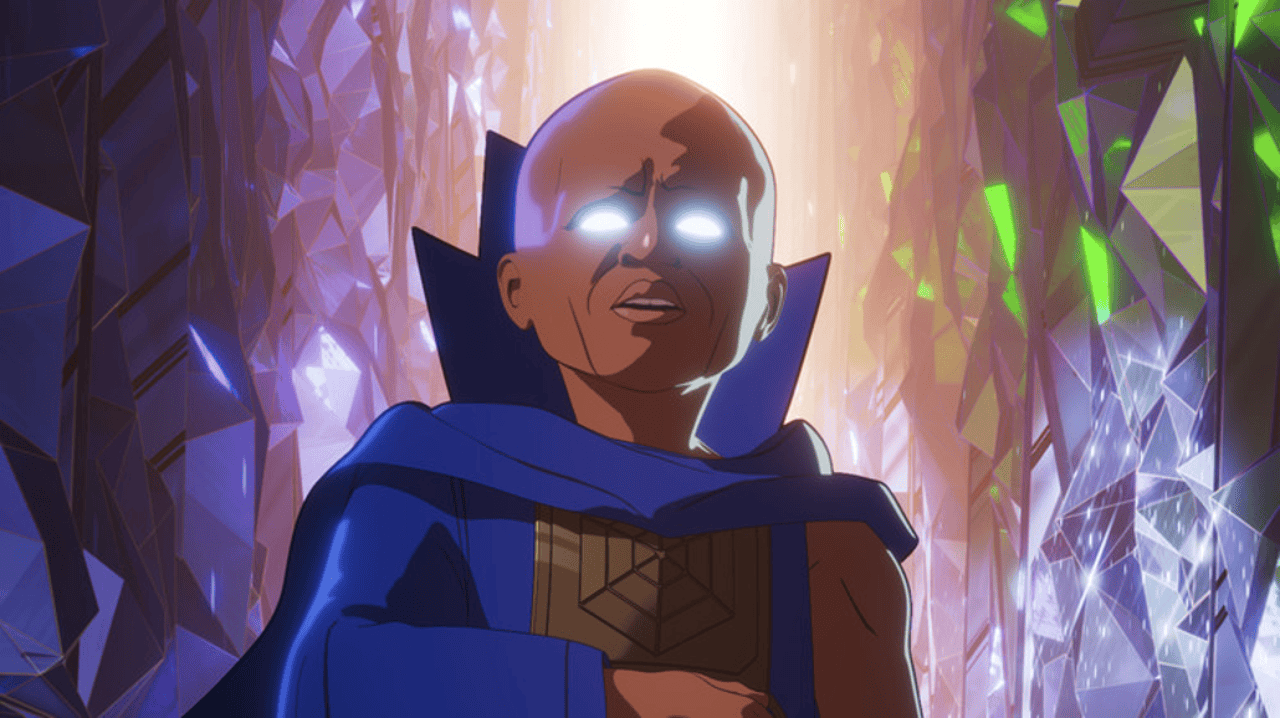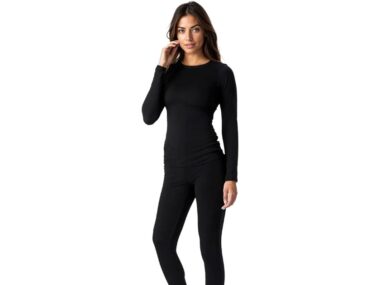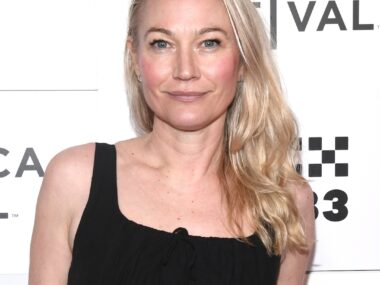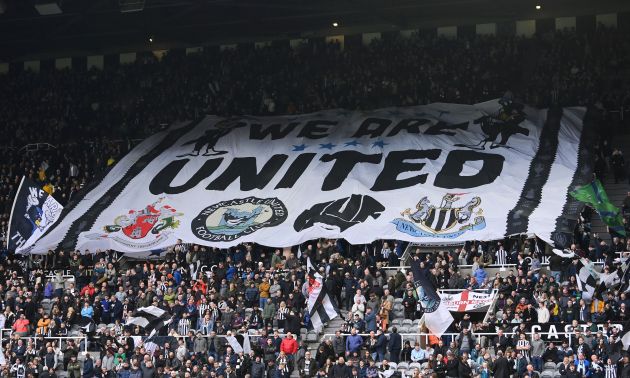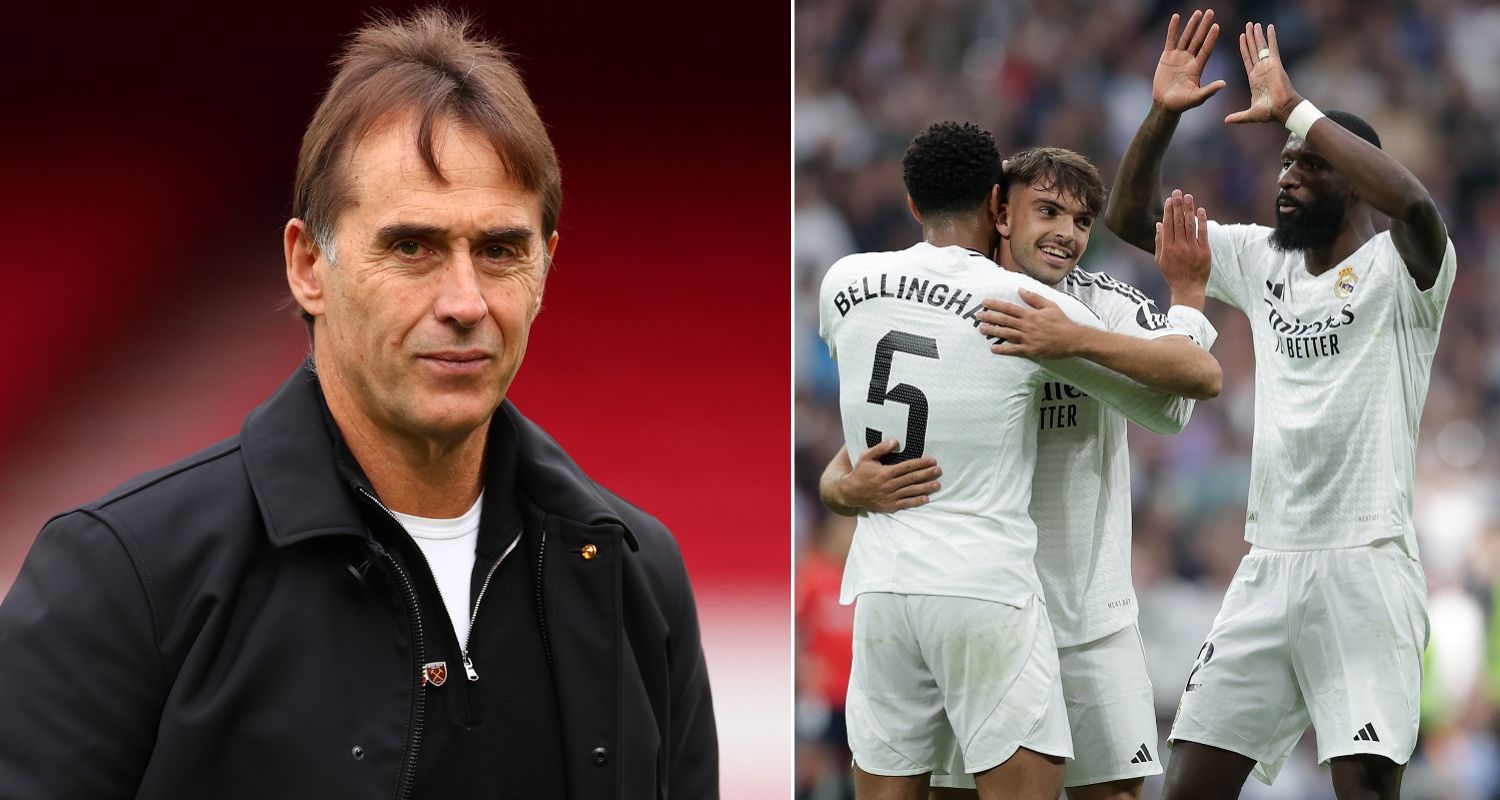It's time to talk about Jane Austen's Pride and Prejudice, one of the most enduring novels in English literature. It's such a timeless story countless adaptations have been made, both official and not so officialapproaching the source material from a wide variety of points of view. In addition to inspiring cinematic adaptations, Austen's novel has spawned a world of related stories, including Janet Aylmer's bestselling The Darcy Tales and the more recent Pride and Prejudice and Zombies, which combine period drama with ultra-violent zombie-horror tropes. .
Due to the wide range of customizations, determining which one is the “best” can certainly be difficult. For starters, there's a mix of faithful adaptations and adaptations of the 1813 novel, such as the Bollywood-style Bride and Prejudice or the Emmy-winning The Lizzie Bennet Diaries. For the sake of simplicity, let's stick to simple adaptations that are firmly rooted in the text of the novel and build their legacy around it.
I argue about that the most popular the adaptation is the 2005 version by Joe Wright starring Keira Knightley and Matthew Macfadyen (arm flex scene only cements its appeal), followed by a 1995 BBC series starring Jennifer Ehle and Colin Firth. The latter is truly outstanding, as it manages to revive forgotten aspects of the novel while offering a wonderfully complex portrayal of Mr. Darcy, perfectly balanced by the vivacious, clever Elizabeth.
Despite this, Rotten Tomatoes ranks the 1940 film adaptation of Pride and Prejudice as the best. Sport perfectly 100% on tomato meter for good reason. Let's take a closer look at this Academy Award-winning title.
1940's Pride and Prejudice was the first film adaptation of an Austen novel
Author and playwright Helen Jerome wrote a stage adaptation of Austen's novel in 1935, which premiered at New York's Music Box Theater and starred Adrian Allen and Colin Keats-Johnston. The enduring popularity of this theatrical version directly influenced the 1940 version of Pride and Prejudice, which combined elements of the novel with Jerome's interpretation to create a somewhat watered-down, yet commendable adaptation that deserves to be seen again and again.
Big names were attached to the project, including “Brave New World” author Aldous Huxley, who wrote the script with playwright Jane Murfin, and Laurence Olivier, who slipped into the skin of Mr. Darcy. Prolific actress Greer Garson (“Mrs. Currie,” “Sunrise at Campobello”) assumed the mantle of Elizabeth Bennet, lending the character a crackling satirical wit that took on new meaning in this sharp comedy of manners.
While the film sticks to the basic beats of Austen's story, it has fun with the liberties it takes. For example, when news of the capture of Netherfield Manor spreads, Mrs. Bennet (Mary Boland) engages in a spirited carriage race against Lady Lucas (Marjorie Wood) so that she can deliver the news to her husband before anyone else. This kinetic sequence illustrates how far she is willing to go to secure her daughters' future (sometimes a little too far).
Garson is delightfully charming as Elizabeth. Her characterization is a little shallow compared to the versions that made it, but that's all because of how the script makes her look erratic and indecisive. Olivier's Darcy has none the rampant awkwardness central to most portrayals of the character: if anything, he turns out to be too friendly. The shift in perspective we have to experience regarding the two premises is sudden rather than gradual, and their relationship, while rooting-worthy, feels removed from the beating heart of Austen's world, which enjoys the interiors.
Nevertheless, the trajectory of the 1940 version was better Jane Austen adaptations that would ultimately cement the legacy of these timeless storiesretold with shifting lenses and perspectives. If you want a fun, light rendition of “Pride and Prejudice” that goes in a new direction, this Garson-Olivier pairing is worth your time.
Source link

